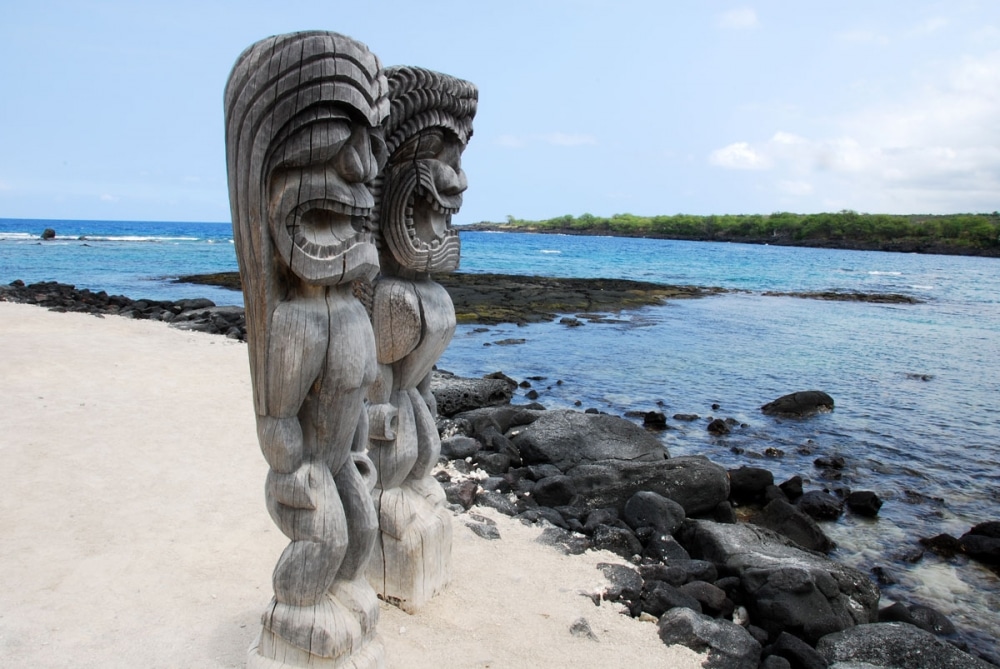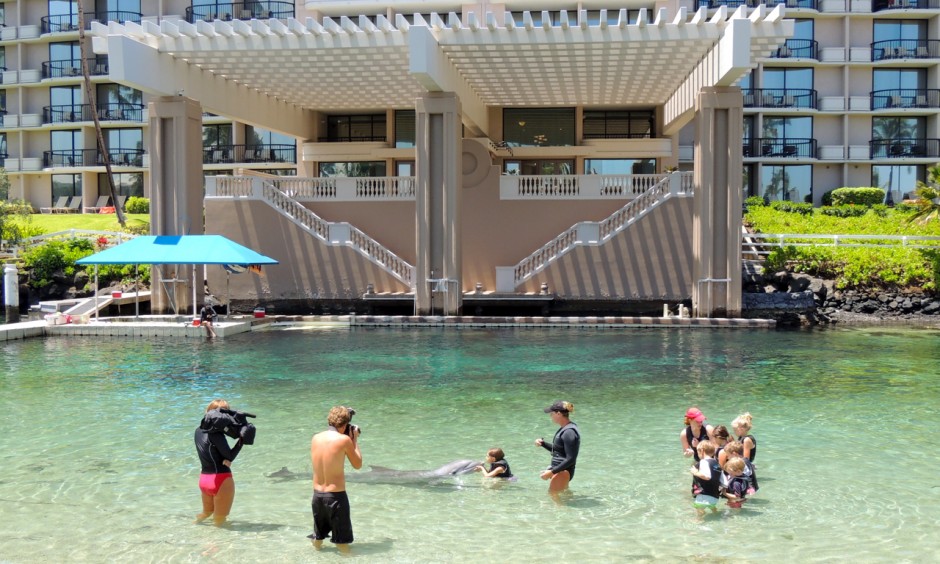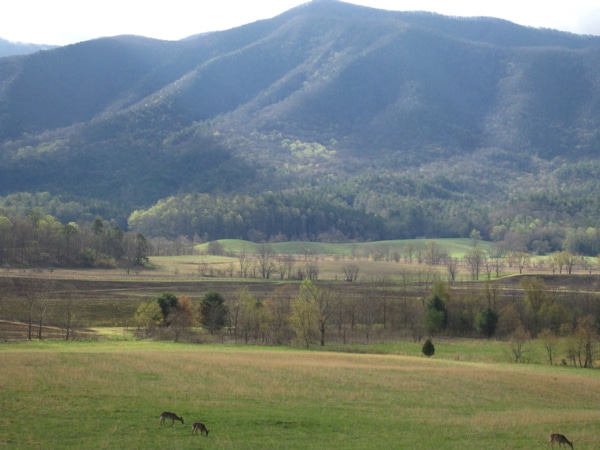We arrived in Los Angeles late morning on May 21. I was to be on the Tavis Smiley Public Television show, and we were scheduled to do the taping at 1:30. I had made arrangements to check in early at the Renaissance Hotel in the heart of Hollywood. The PBS station was paying for the room as well as limo service to the studio. We said that we hoped no one took our picture coming out of the hotel. It wasn’t a cheap one! We found the hotel and checked in. After marveling at the luxury – a bathrobe for each of us in the closet and expensive toiletries – we went for a walk. We saw the famous Hollywood sign from the mezzanine of the hotel, then the sidewalk with all the stars’ names on it. Grauman’s Chinese Theater and the Kodak Theater (where they have the Oscars and where the finals of American Idol were to be held the next night) were in the next building. We saw a few minor celebrities and scores of camera and other technicians, working professionally behind the scenes to keep the dream machine going. We were appropriately star-struck.
The limo driver arrived early but promptly got lost on the way to the studio. He nearly made it to our location but then for some reason turned around and began to drive in the opposite direction. The street numbers indicated that we were going the wrong way. Karen told him this, and he said yeah, he had noticed that! He pulled over to a curb and got out his GPS device but promptly exclaimed that it wasn’t working. His base was calling him wondering where he was. We suggested he just turn around an go back to where we had been. He did so, and I called the studio to tell them what was going on. I could tell that Tavis’s producer was nervous. We made it just in time for me to be whisked to makeup. The makeup person and the rest of the staff were friendly and put me at ease. The show went off without a hitch, and after it book sales on amazon.com went up significantly. Tavis Smiley is an interesting person. He grew up under hard circumstances and though he is very successful, he hasn’t forgotten. He and his friend Cornell West (a great speaker and an intensely engaging man) are planning to organize a kind of traveling Black history and heritage museum. I could tell that doing his show and everything else he does must tire him out sometimes. But he was ultra-professional; he asked good questions but let me talk. It is amazing how much you can cover in twenty minutes.
I did a radio interview with Suzi Weissman on the Los Angeles Pacifica KPFK. Then we drove to A Different Light Bookstore on Santa Monica Boulevard. As we walked along the street toward the store, a man with a fishing pole came up to me and introduced himself. He was a member of a Monthly Review study group in the city and was coming to hear my talk and record it. The fishing pole was a homemade microphone. I made my remarks, took a lot of questions, and then the MR group took us to dinner. We sold a dozen books. At dinner people told us we could come to Los Angeles anytime, and someone would let us stay at their home. Next day we luxuriated in our fancy digs for awhile and then drove to Berkeley on Interstate 5. This highway is hilly and windy until Bakersfield. I remembered driving it when I worked for the United Farm Workers. Cesar Chavez once took the entire staff to East Los Angeles, housing us in an abandoned high school in Boyle Heights, while we campaigned door-to-door for Mayor Bradley, who was running for reelection. I thought it was a waste of precious staff time; Bradley had an insurmountable lead in the race. Afterwards bad things happened in the union. Many years ago, I wrote a story about this, titled “Cesar.” It will be published for the first time in a forthcoming book. Interstate 5 takes you through California’s great central valley, the nation’s most important agricultural region. As I say in Cheap Motels, everyone should drive through here. The size and mechanization of the farms, their reliance on water from far away (the whole area is basically a desert), their heavy use of pesticides and poorly paid immigrant labor, all of these things should give us pause every time we eat. As should Los Angeles everytime we think about the mess we’ve made of things. Stolen water, land speculation, rampant corruption, waste of every kind, almost incomprehensible suburban sprawl, insane reliance on cars, rampant race discrimination, urban gangs, consumerism run amok, hyper individualism. The city of angels wrote the book. See the works of Mike Davis for details. Yet it was great to be in a big city again. And there’s another history too. The reds in Hollywood. The immigrants marching for their rights. And the fine universities, like UCLA, where Karen’s former brother-in-law, Louis Ignarro, who won the Nobel Prize in medicine, teaches. Los Angeles: nearly four million people, half Hispanic, a quarter of all kids under eighteen living in poverty. I wonder if the churning, roiling brown-skinned masses will turn this city on its head and make it better?






